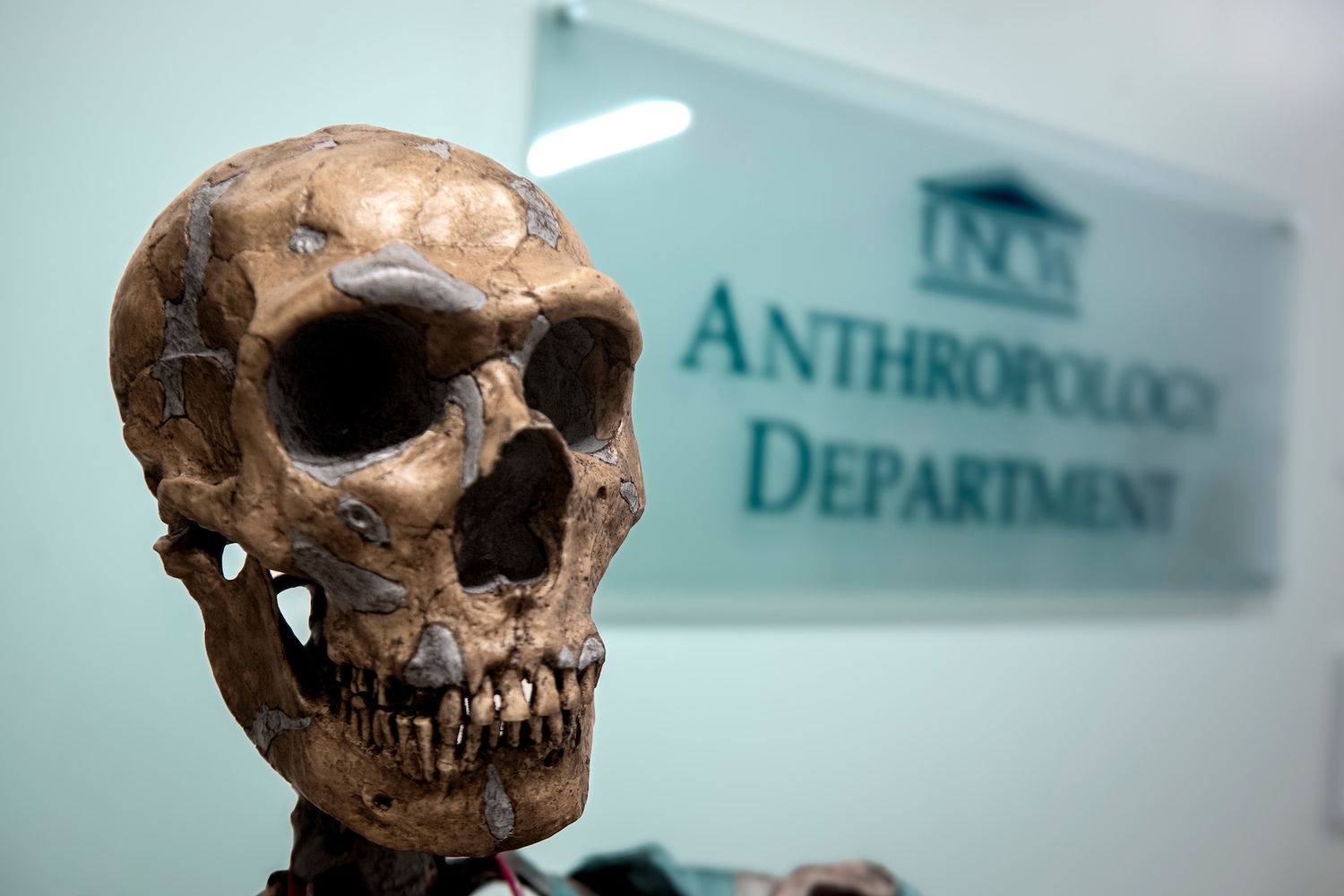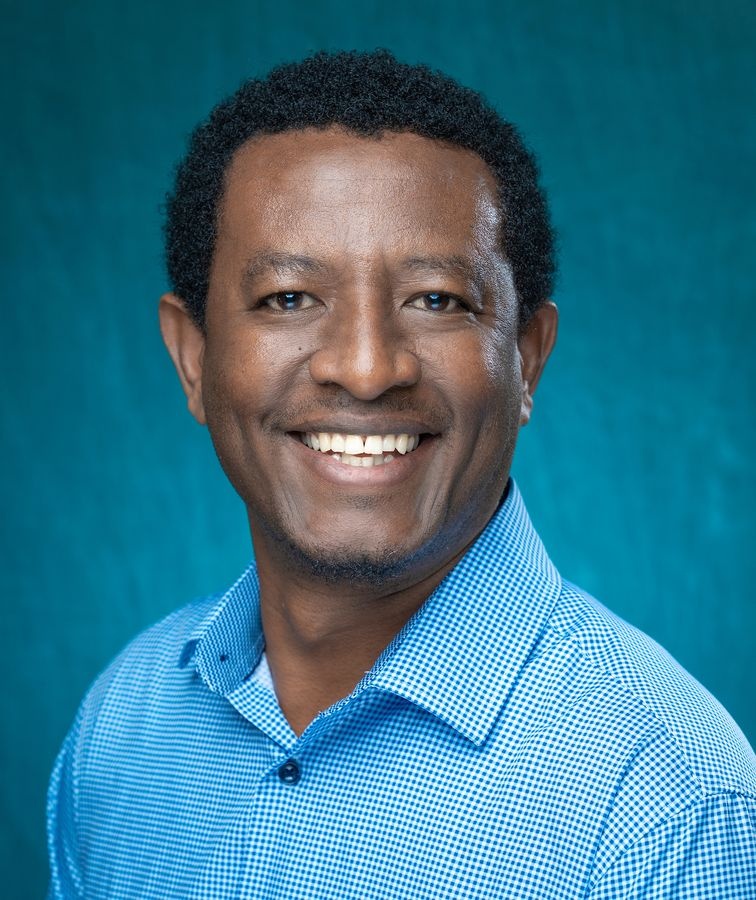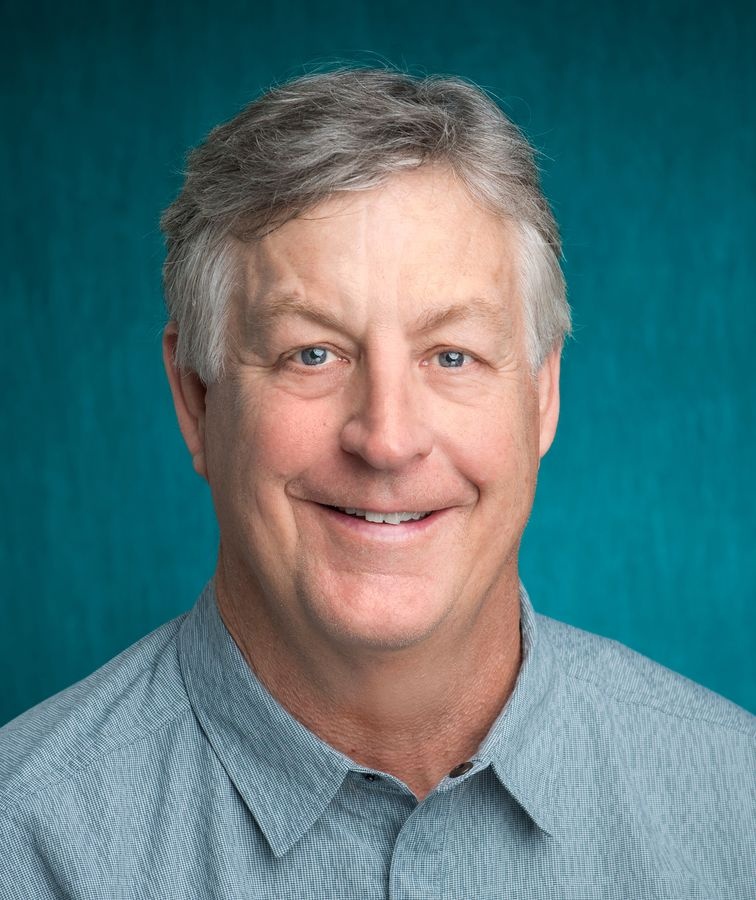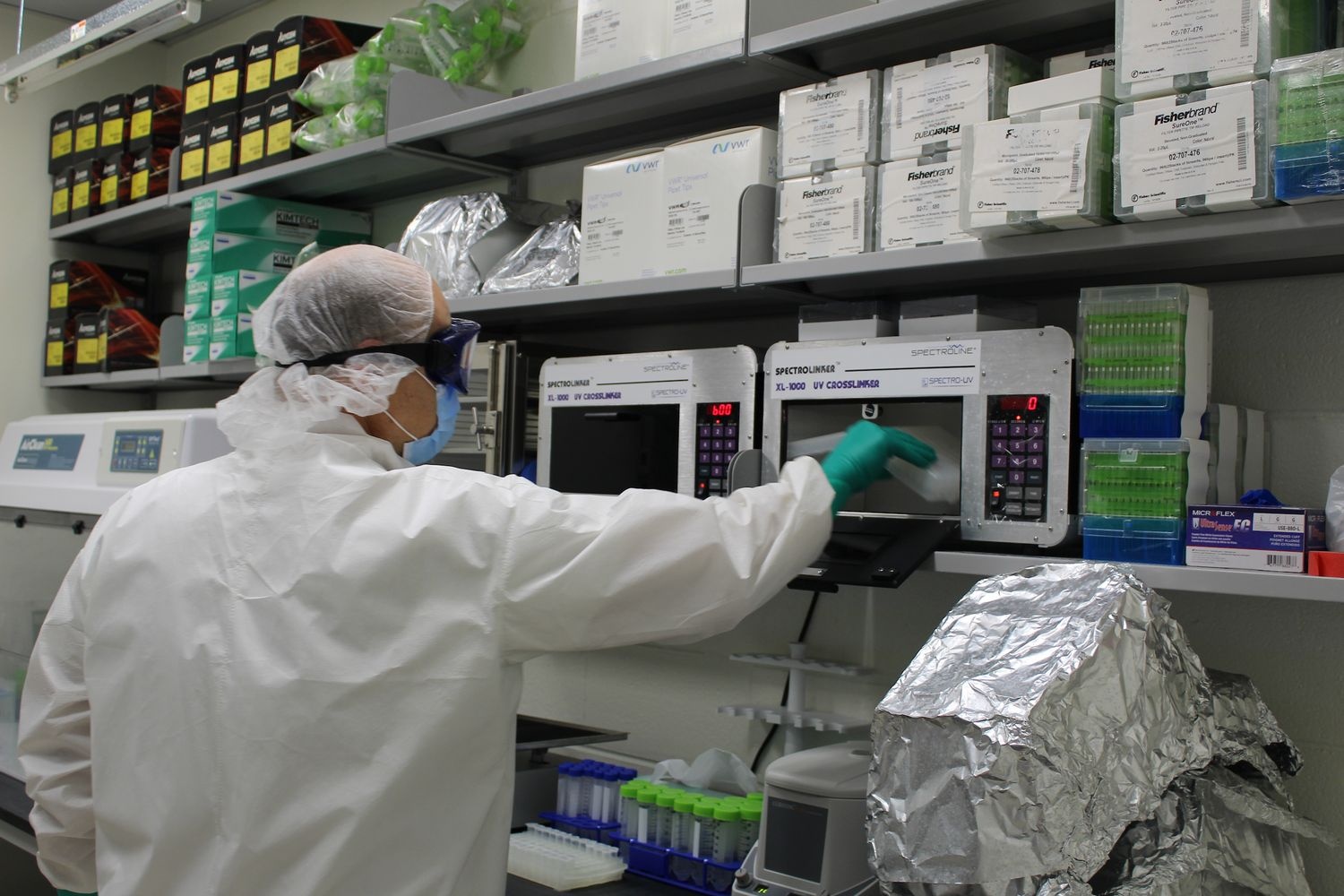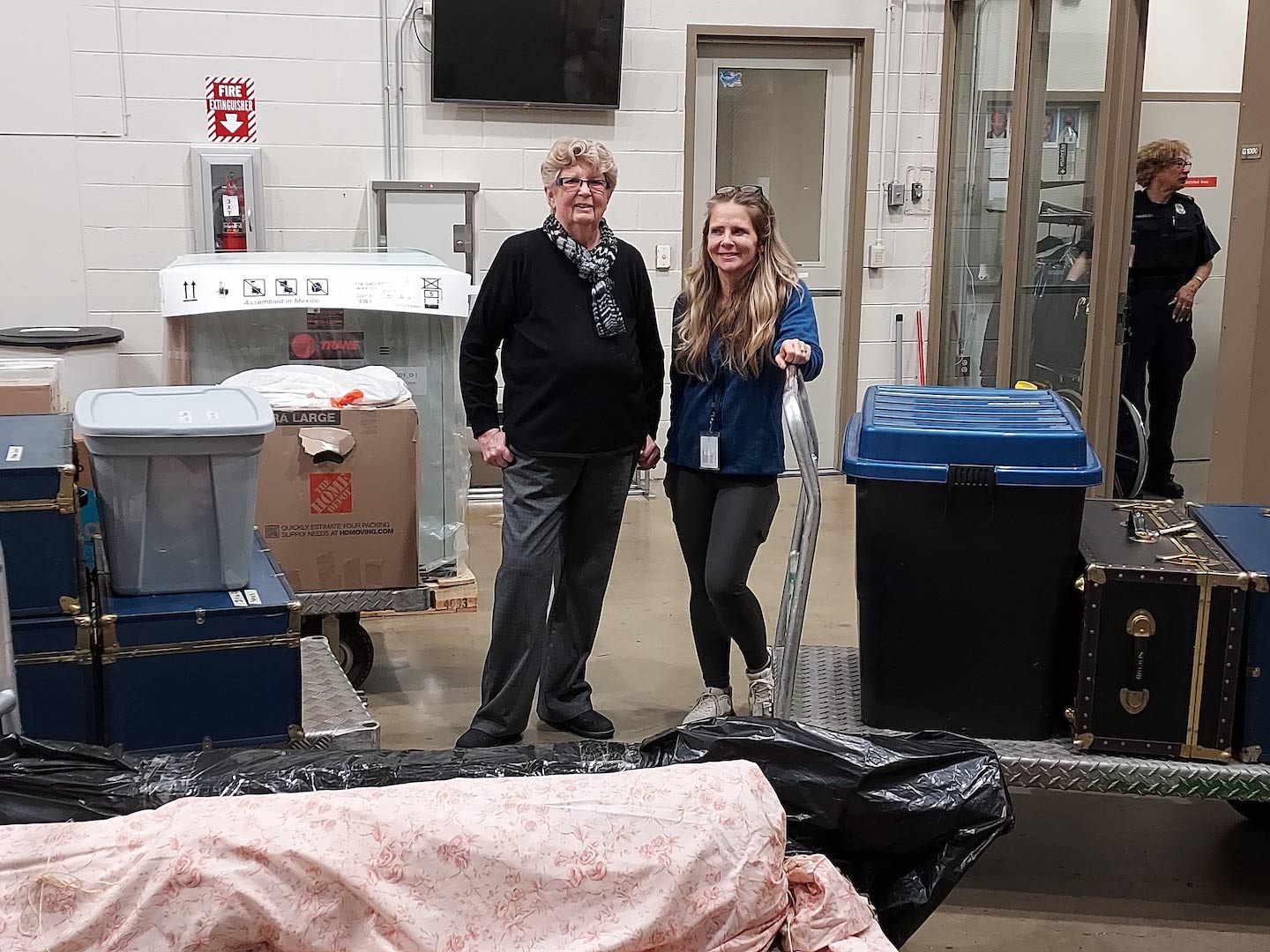News & Events
Congratulations to Jazlyn Mcravin! She is the 2025 - 2026 recipient of The Williams Scholarship award for Anthropology majors at UNCW. This is a merit-based scholarship established by Chuck and Gina Williams. The application for next year's competition opens December 1st. Details to come soon!
Anthropology Department faculty were honored with numerous awards this Spring!
Dr. Nora Reber received the Discere Aude Award for undergraduate mentorship and Dr. Michaela Howells received the Board of Trustees Teaching Excellence Award, the Distinguished Teaching Professorship Award, and the Distinguished Scholarly Engagement and Public Service Award. Congratulations!
While working with ethnographic collections in museums during her undergraduate and graduate studies, Dr. Barbara Michael recognized the value of artifacts to enhance anthropology courses as well as the importance of museums to engage visitors with other cultures. Also, during fieldwork, she was well aware that cultures were disappearing or rapidly changing and that preserving artifacts, especially those used in daily life, was also a way to preserve knowledge about such cultures. She has often shared some of her artifacts with her classes at UNCW. She was informed in late September 2022 that her ethnographic collections from Sudan and Yemen will become part of the Smithsonian Institution.
Dr. Michael’s collection includes artifacts from Baggara pastoral nomads collected during three periods of fieldwork for PhD research and international organizations, most recently in 2010 as a consultant for the International Organization for Migration and the United Nations Mission in Sudan. As part of that work, she curated a systematic collection to illustrate Baggara pastoral nomad lifestyle for the University of Kansas Museum of Anthropology. That collection is now housed at the K.U. Spencer Art Museum. In addition, Dr. Michael’s collection includes artifacts from Yemen collected between 1997-98 during a Fulbright Fellowship and later in 1999-2000 as a consultant with the Hodeidah Primary Health Services Support Project and consultant with Radda Barnen/Save the Children project. The Yemeni artifacts, along with fifty photographs, were shown in a 2004 exhibition at Stephen F. Austin State University, and at the WHQR MC Erny Gallery in 2018.
In 2019, Dr. Michael began to identify a museum that would be interested in the artifact collections. The Deputy Director, Smithsonian Center for Folklife and Cultural Heritage, Dr. Robert Leopold, suggested that Dr. Michael contact Dr. Mary Jo Arnoldi, Curator, African Section, Dept. of Anthropology, Smithsonian Museum of Natural History, and Dr. Arnoldi referred her to Dr. Paul Taylor, Curator, Europe, Asia, and Middle East Section, about the Yemeni collection. During the Fall semester of 2019, Dr. Bill Alexander, Chair of the UNCW Department of Anthropology, arranged for an Anthropology undergraduate student, Kelly Arnold, to earn DIS credit by helping Dr. Michael photograph and document her Baggara collection. In Fall 2022, he arranged for another Anthropology major, Coby Hall, to earn DIS credit by assisting in photographing and packing the Yemeni collection and conducting a literature search for further documentation.
The Smithsonian process for considering acceptance of donations was derailed in Spring 2020 due to COVID and the shutdown of Smithsonian museums for two years, during which time there was a moratorium on accepting donations. With the reopening of the museums in 2022, the donation process was reactivated. Dr. Michael was contacted by Allison Butler, Collections Manager, Smithsonian Dept. of Anthropology, informing her that both the Baggara and the Yemeni collections had been accepted by the Collection Committees of the African Section and the Asian, European, and Middle Eastern Section as additions to the Smithsonian collections. Dr. Arnoldi and Allison Butler told Dr. Michael that both collections were among the best documented collections they have received at the Smithsonian. Dr. Michael has also been asked to donate her slides and other archival materials from her ethnographic work in Sudan and Yemen to the National Anthropology Archives.
During the first week of January 2023, with travel support from the Department of Anthropology, Dr. Michael loaded a van, with assistance from colleague Michele Manning, drove to Suitland, MD, the location of the Smithsonian Museum of Natural History warehouse, and delivered the collections.
Interested students should note that Dr. Michael will be offering ANT 387 Museum Studies in Spring 2024. As stated in the catalog, the course is the “(s)tudy of museums in cultural, social, and historical context by examining museum types and their role in society. (And includes) (f)ield trips to local museums, guest lectures, and case studies examine such topics as collections, interpretation, marketing, visitor behavior and learning, virtual museums, and museum law and ethics.” The Anthropology Department has a number of internship opportunities for majors at local museums.
Written by Dr. Pamela Evers, Colleague and former UNCW professor.
Dr. Michael’s collection includes artifacts from Baggara pastoral nomads collected during three periods of fieldwork for PhD research and international organizations, most recently in 2010 as a consultant for the International Organization for Migration and the United Nations Mission in Sudan. As part of that work, she curated a systematic collection to illustrate Baggara pastoral nomad lifestyle for the University of Kansas Museum of Anthropology. That collection is now housed at the K.U. Spencer Art Museum. In addition, Dr. Michael’s collection includes artifacts from Yemen collected between 1997-98 during a Fulbright Fellowship and later in 1999-2000 as a consultant with the Hodeidah Primary Health Services Support Project and consultant with Radda Barnen/Save the Children project. The Yemeni artifacts, along with fifty photographs, were shown in a 2004 exhibition at Stephen F. Austin State University, and at the WHQR MC Erny Gallery in 2018.
In 2019, Dr. Michael began to identify a museum that would be interested in the artifact collections. The Deputy Director, Smithsonian Center for Folklife and Cultural Heritage, Dr. Robert Leopold, suggested that Dr. Michael contact Dr. Mary Jo Arnoldi, Curator, African Section, Dept. of Anthropology, Smithsonian Museum of Natural History, and Dr. Arnoldi referred her to Dr. Paul Taylor, Curator, Europe, Asia, and Middle East Section, about the Yemeni collection. During the Fall semester of 2019, Dr. Bill Alexander, Chair of the UNCW Department of Anthropology, arranged for an Anthropology undergraduate student, Kelly Arnold, to earn DIS credit by helping Dr. Michael photograph and document her Baggara collection. In Fall 2022, he arranged for another Anthropology major, Coby Hall, to earn DIS credit by assisting in photographing and packing the Yemeni collection and conducting a literature search for further documentation.
The Smithsonian process for considering acceptance of donations was derailed in Spring 2020 due to COVID and the shutdown of Smithsonian museums for two years, during which time there was a moratorium on accepting donations. With the reopening of the museums in 2022, the donation process was reactivated. Dr. Michael was contacted by Allison Butler, Collections Manager, Smithsonian Dept. of Anthropology, informing her that both the Baggara and the Yemeni collections had been accepted by the Collection Committees of the African Section and the Asian, European, and Middle Eastern Section as additions to the Smithsonian collections. Dr. Arnoldi and Allison Butler told Dr. Michael that both collections were among the best documented collections they have received at the Smithsonian. Dr. Michael has also been asked to donate her slides and other archival materials from her ethnographic work in Sudan and Yemen to the National Anthropology Archives.
During the first week of January 2023, with travel support from the Department of Anthropology, Dr. Michael loaded a van, with assistance from colleague Michele Manning, drove to Suitland, MD, the location of the Smithsonian Museum of Natural History warehouse, and delivered the collections.
Interested students should note that Dr. Michael will be offering ANT 387 Museum Studies in Spring 2024. As stated in the catalog, the course is the “(s)tudy of museums in cultural, social, and historical context by examining museum types and their role in society. (And includes) (f)ield trips to local museums, guest lectures, and case studies examine such topics as collections, interpretation, marketing, visitor behavior and learning, virtual museums, and museum law and ethics.” The Anthropology Department has a number of internship opportunities for majors at local museums.
Written by Dr. Pamela Evers, Colleague and former UNCW professor.

